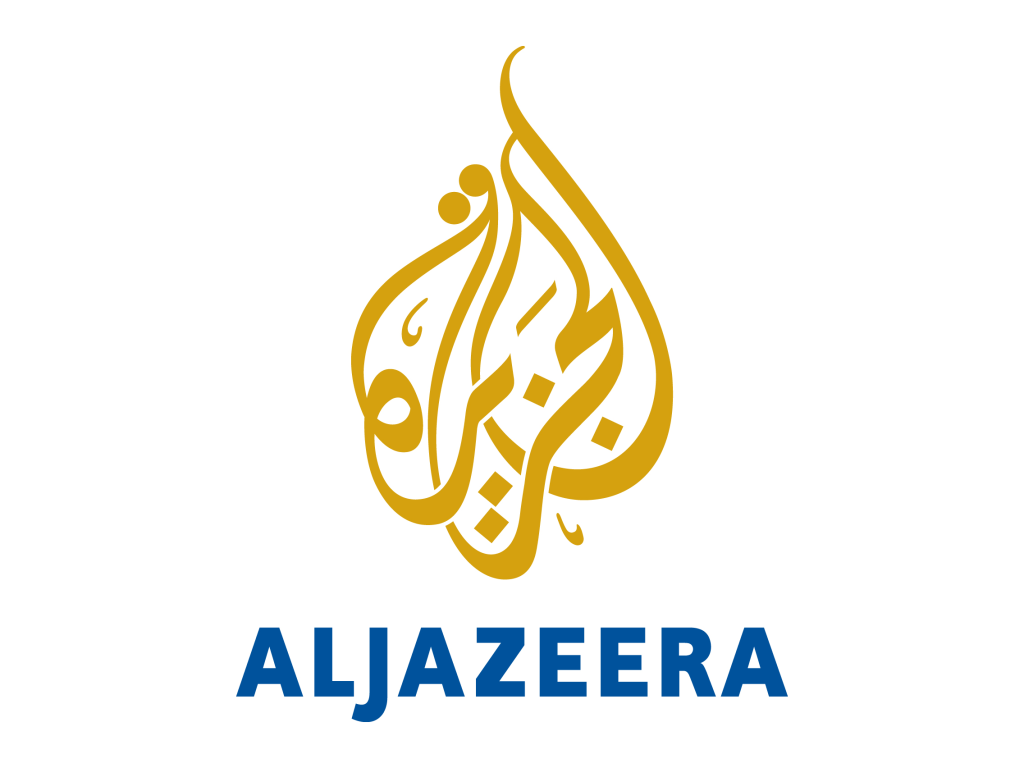ARTICLE AD
Islamabad, Pakistan — When Pakistan’s 19-member new cabinet took oath on March 11, one man stood out in the lineup: Muhammad Aurangzeb, a political outsider tasked with the challenge of steering the country out of its economic woes.
Aurangzeb, a veteran banker who previously headed one of Pakistan’s largest commercial banks, Habib Bank Limited (HBL), has been given the reins of a $350bn economy over several other contenders, including the four-time finance minister Ishaq Dar.
A graduate of the Wharton School of Business at the University of Pennsylvania, Aurangzeb also worked in major international banks, such as Citibank and JP Morgan, before his six-year stint at the HBL.
A dual national, Aurangzeb had to relinquish his Dutch nationality to hold a public office in Pakistan. While he is not a member of the parliament as yet, according to the country’s rules, he has six months to become a parliamentarian in order to continue as a federal minister.
Mr. Muhammad Aurangzeb officially took over the responsibility as Finance Minister of Pakistan after taking oath at the Presidency, today. pic.twitter.com/RSBhulbLwl
— Ministry of Finance, Government of Pakistan (@Financegovpk) March 11, 2024
Aurangzeb is not the first banker to become Pakistan’s finance minister. Before him, Shaukat Aziz held the position for eight years (1999-2007) under General Pervez Musharraf’s tenure, before becoming a prime minister.
Later, under the government of former prime minister Imran Khan and his Pakistan Tehreek-e-Insaf (PTI), banker Shaukat Tarin was given the portfolio which he held for one year (2021-2022) before the PTI government was removed through a parliamentary vote of no-confidence in April 2022.
Aurangzeb’s appointment comes at a critical time when the country faces severe economic challenges, as he works with Prime Minister Shehbaz Sharif and the Pakistan Muslim League-Nawaz (PMLN) government. Sharif and his PMLN came to power after forming a coalition government following the recent February 8 elections, which were marred by allegations of widespread rigging.
One of Aurangzeb’s first tasks, say analysts, will be to urgently negotiate a new International Monetary Fund (IMF) loan programme after the expiry of the existing $3bn, nine-month-long agreement in April.
A new loan programme with the global lender is necessary for the country which is currently burdened by more than $130bn – at least a third of its gross domestic product – in external debts. Pakistan was scheduled to repay $24bn by June this year but managed to secure some relief from bilateral creditors through rollovers. The country now has to pay nearly $5bn before the end of the fiscal year in June.
Meanwhile, Pakistan’s current foreign currency stocks stand at a paltry $7.8bn, enough to cover just about eight weeks of imports.
Its currency has devalued by more than 50 percent in the last two years, while inflation, currently at more than 23 percent, shot up to nearly 40 percent in 2023, with a rapid increase in energy tariffs as well as the price of basic food commodities.
![Inflation in Pakistan hit a record high of nearly 40 percent last year. [Shahzaib Akber/EPA]](https://www.aljazeera.com/wp-content/uploads/2024/03/inflation-Shahzaib-Akber-EPA-1710318331.jpg?w=770&resize=770%2C513) Inflation in Pakistan hit a record high of nearly 40 percent last year. [Shahzaib Akber/EPA]
Inflation in Pakistan hit a record high of nearly 40 percent last year. [Shahzaib Akber/EPA]
Many observers believe that Aurangzeb’s experience with global banks and exposure to international financial markets is critical, considering Pakistan’s debt challenges.
Sajid Amin Javed, a senior economist associated with the Sustainable Development Policy Institute in Islamabad (SDPI) said Aurangzeb’s appointment is a signal from the government that it is committed to introducing economic reforms – even though they might be politically unpopular.
“Partially, this may also be a step to dilute the perception that the PDM government could not deliver in the past,” he told Al Jazeera, referring to a coalition that Sharif led briefly after the removal of Imran Khan’s government, and whose brief tenure coincided with skyrocketing inflation and mounting economic struggles for Pakistanis.
But Aurangzeb will need more than his background to succeed in his job, suggested Karachi-based economist Khurram Schehzad.
“The key point is not necessarily who the finance minister is, but rather, what would the person do, what their vision is, and what long-term thinking they are bringing to the table,” Schehzad told Al Jazeera.
Islamabad-based Javed of the SDPI says these are challenging times for any finance minister but Aurangzeb’s lack of political baggage could work in his favour.
“We may see a more reforms-focused engagement with [the] IMF instead of political balancing,” Javed said, referring to pressures from voter lobbies against reforms that traditional politicians often grapple with. Most importantly, he brings fresh thinking on economic policy conduct. Given his global experience, he may go a bit deeper on overhauling of economic policy and country may see a renewed focus on economic growth.”
Karachi-based economist Ammar Habib Khan, while acknowledging Aurangzeb’s experience in finance, told Al Jazeera that a macroeconomist might have been better suited for the job than a banker.
“Usually, those at the helm [of the government] are unable to understand the long lead time associated with reforms, and the macroeconomic balance that needs to be attained,” he said. “They go for a quick-fix solution, mostly bringing in people that can provide band-aids rather than drive long-tailed reforms.”

 9 months ago
59
9 months ago
59 
